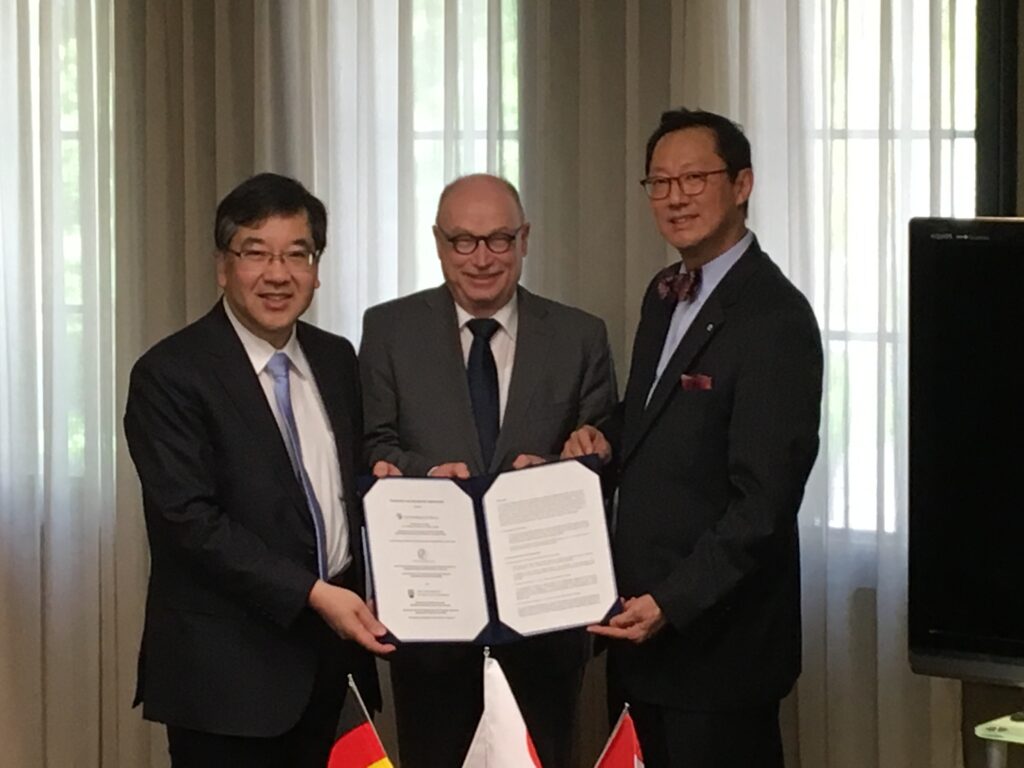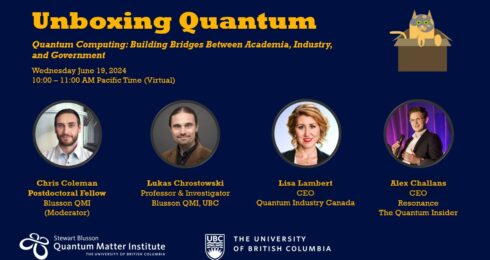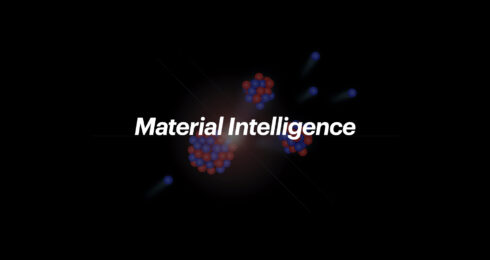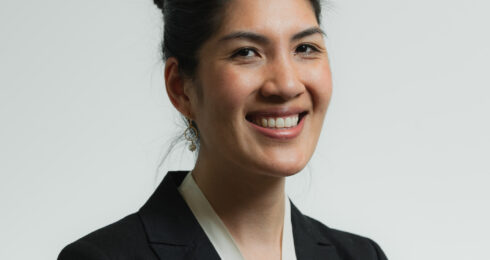A critical partnership linking three leading research organizations has been renewed for a third five-year term, an important milestone for a Max Planck Society-partnered collaboration. The Max Planck-UBC-UTokyo Center for Quantum Materials (CQM) was formed in 2017 as an expansion of the original Max Planck-UBC Centre for Quantum Materials that was established in 2012. Now, all three organizations have committed to the extension of Max Planck-UBC-UTokyo partnership into 2027. This is the first time an international Max Planck centre has been extended beyond a ten-year period.
This Max Planck-UBC-UTokyo partnership combines internationally recognized scientists with extensive infrastructure for research in quantum materials. The CQM supports collaborative projects, scholarly exchanges, annual workshops, the International PhD Program in Quantum Materials, training for graduate students and postdoctoral fellows, and provides a platform for interdisciplinary exchange and cooperation.
Global partnership and global influence

Image: Partner university leaders at the signing of the partnership agreement in 2017. Pictured, right to left: Dr. Makoto Gonokami, 30th president of the University of Tokyo; Prof. Dr. Martin Stratmann, President of the Max Planck Society; and Prof. Santa Ono, President and Vice-Chancellor of The University of British Columbia.
The partnership has been fruitful, with about 250 joint publications since 2012. The citation impact of papers published under the CQM banner is well above average, many of them field-leading. All of these projects have benefited from complementary expertise in experimental and theoretical methods established at the partner institutions, with the sharing of critical infrastructure, such as the synchrotron facilities at the Canadian Light Source in Saskatchewan, or at Bessy in Berlin.
The CQM renewal is a testament to the commitment of the partners and the strength of the collaboration; reflecting the viability of the partnership, the CQM will continue to be funded at the same level as it was in its first decade. In addition, the CQM has attracted major investments from the Moore Foundation and MITACS, who have committed to funding that will support graduate student training and internship opportunities. In 2021, Hao Tjeng (Director, Max Planck Institute for Chemical Physics of Solids, Dresden) and Bernhard Keimer (Director, Max Planck Institute for Solid State Research, Stuttgart) were appointed adjunct professors at UBC; similarly, Andrea Damascelli (Scientific Director, Stewart Blusson Quantum Matter Institute, UBC, Vancouver) was appointed a Fellow at the Max Planck Graduate Centre for Quantum Materials in Germany.
“Our partnership with the Max Planck Society and the University of Tokyo has been a very fruitful one for UBC and for quantum research in Canada at large,” said Professor Santa Ono, President and Vice-Chancellor of the University of British Columbia. “I’m looking forward to the continued progress in this partnership and continued breakthroughs in quantum research in the years ahead.”
The CQM is an investment in people
“At the inception of the Max Planck-UBC-UTokyo partnership, we made the strategic decision to invest in people rather than projects,” said Damascelli. “Apart from costs associated with scientific meetings and personnel exchanges, most of the Center funding is allocated to fellowship support for junior scientists. This ensures the CQM will have meaningful, long-term influence over the culture and community of quantum materials research at a global scale.”
For graduate students, postdoctoral fellows and junior faculty associated with the CQM, participation in partnership activities provides the opportunity to access critical research infrastructure and equipment, and build an international network of collaborators among leading experts in quantum material research. The CQM will also retain its leadership; it will continue to be led by co-directors Bernhard Keimer, Andrea Damascelli, and Ryo Shimano (University of Tokyo, Japan).
“When we initiated this partnership, we were aiming to become a world-leading research and training centre in the area of quantum materials, and I am pleased to see that we have achieved this goal,” said Keimer. “The research infrastructure and expertise at these institutes is complementary, and we’ve been able to support students and postdoctoral fellows to develop a very deep understanding of their research areas, and redefine the field in ways they could not without access to this Center.”
“The partnership between our institutions has enabled us to develop research ideas we might not have the resources to pursue independently,” Shimano agreed. “By working together, we are united in a common goal to train the next generation of leaders in this field, and to probe the biggest questions in quantum materials research.”
Related stories:


